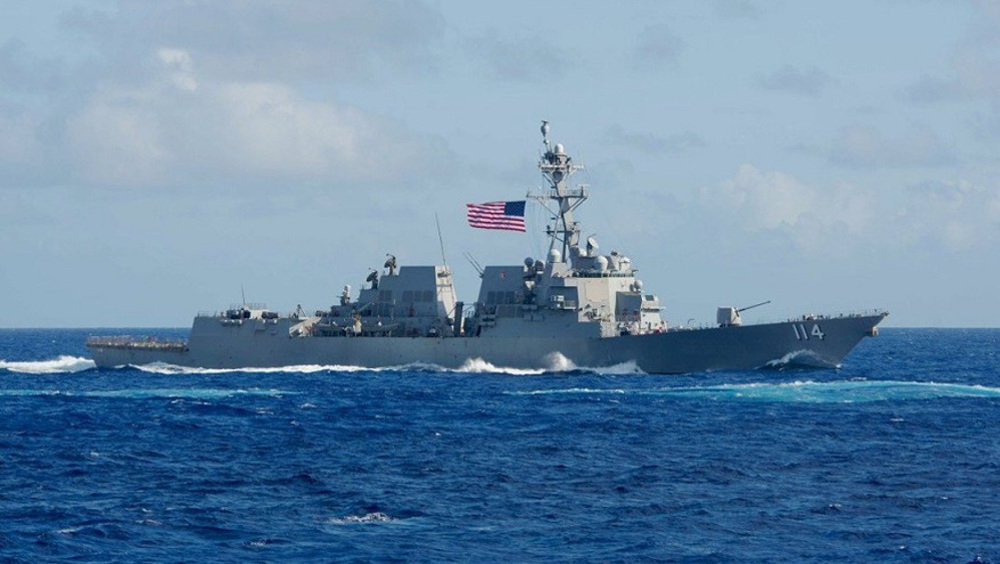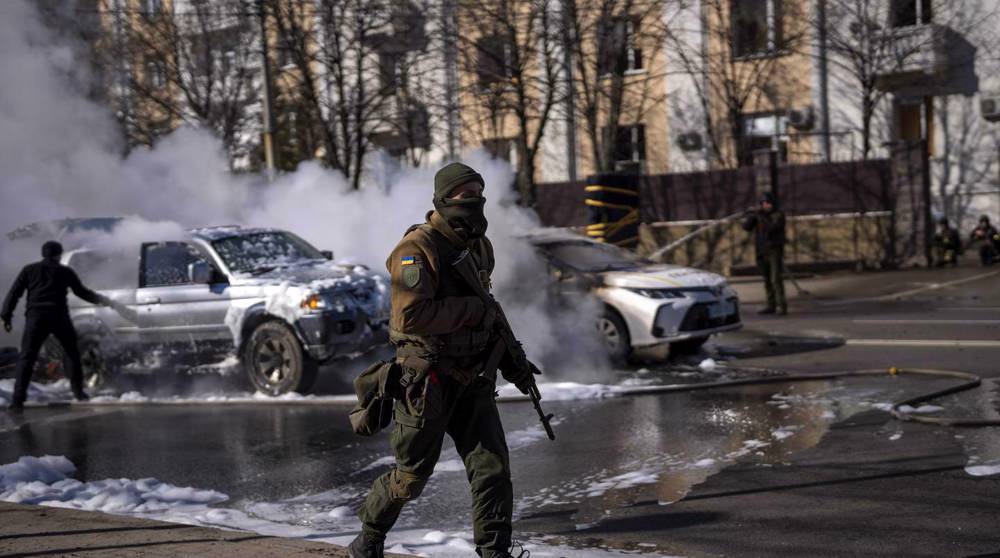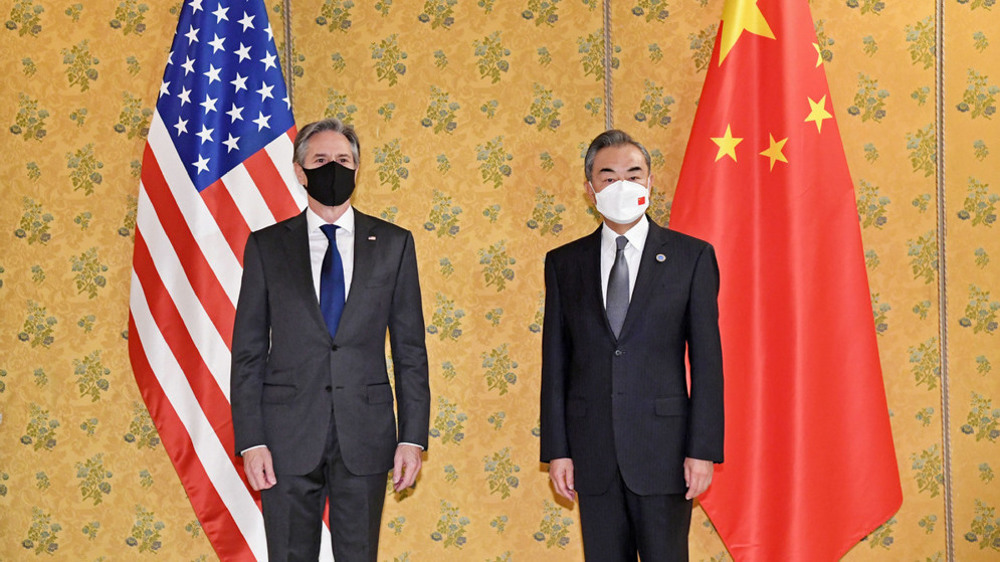Analyst: US making similar mistakes with China that it made with Russia
American journalist and political analyst Don DeBar pointed out that the US is making similar mistakes in its strategic approach to China that it has made with Russia which, he said, produced the current crisis in Ukraine.
"People tend not to see these things in multi-dimensional dynamism," said DeBar, a TV and radio journalist based in New York. "International relations involve a variety of players and a multiplicity of interests, some competing, some in harmony, some in synergy and some in deep conflict," adding, "In colloquial terms, there are a lot of moving parts."
DeBar pointed out that, in the case of Russia, some observers said that Moscow should have pushed back when NATO first went into East Germany against the promise not to expand eastward, a promise that was made in consideration of the USSR's withdrawal from its share of the postwar four-power partition of Germany without a similar withdrawal of the US, UK and France.
"Certainly, these people say, there should at least have been some pushback from Moscow when NATO absorbed former Warsaw Pact members Poland and Hungary - and the Czech Republic - in 1999," said DeBar, adding that "and if Russia had to stand still for that, there should at least have been a strong response in 2004 when Slovakia and Slovenia, ex-Warsaw Pact members Bulgaria and Romania, and especially the ex-Soviet republics of Estonia, Latvia and Lithuania, were added."
"But," DeBar said, "Russia wasn't strong enough to push back then. It took until now for Russia to rebuild its military and its economy in the aftermath of the Soviet collapse, the looting of the 1990s and the western color revolutions in the former Soviet republics of Georgia (2003), Ukraine (2004) and Kyrgyzstan (2005). There were several things in development that had to mature at their own rate, among them the reorganization of the economy, of the military and of the Russian state itself."
He said that there are other examples of the multi-dimensional dynamics presenting in international relations and geopolitics and that, among them, China is another important example presenting on the world stage today.
"China is facing demands by the US and EU to join in the effort to isolate Russia economically and politically. And, at the same time, China also faces hostility from the US and EU, from sanctions to the strategic 'Pivot,' regular challenges on the South China Sea, the recent discovery of US troops and weapons in Taiwan and, most recently, the NATO-East plan." DeBar said, "These actions raise the question, in the context of China's position on sanctions against Russia - does China want to concede Europe to the US for the moment while it builds itself in the Belt-Road Initiative, The String of Pearls into Africa, maybe even across the Atlantic, or across the Pacific via the planned Nicaraguan canal, to the Caribbean and South America?"
"Or," he asked, "does it take a strong stand with Russia now?"
There's going to be inevitable US push back if or when China does reach into Africa and the western hemisphere, he said. "We have seen it at even these early stages; the questions to ask are 'where?' and 'when?'" he added, concluding "and then the question to ask will be 'what will be the relative forces in each of those places and in toto?' as China gathers forces and the West's forces decline."
Reaching into history, DeBar said, "This is the kind of calculus that Stalin had to make when he cleaned out the Red Army's officer corps and, after the West refused to help him guarantee Hitler a two-front war if Germany attacked the Soviet Union, bought time to prepare for the inevitable Nazi invasion by signing the Molotov-Ribbentrop pact."
As for today, he said, "I have assumed that once Russia had the modernized hypersonic weapons they'd rolled out a couple of years ago in production, that they - and China - would be furiously mass-producing them, knowing that a confrontation was inevitable and that there would come a time, like this one, where the threat was so immediate that it had to be met. And when the Duma passed those resolutions, almost unanimously, calling on Russia's president to recognize the Donbass Republics, the political variables were in place. And so - boom! - Russia pushed back."
DeBar pointed out that the weather is another factor, particularly for Europe. "There's more potential for political pressure now while Europe's masses are cold, but that pressure will evaporate with the winter, as will Russia's hometeam winter advantage against invasion," he said, adding, "I think Russia's leadership actually recognized these and that's what prompted this particular movement on that particular day."
VIDEO | Press TV's news headlines
Iranian satellites launched into space as private sector debuts in space industry
VIDEO | Iran, Azerbaijan conduct joint maritime rescue operations
VIDEO | Yemen’s Red Sea divide: Naval forces block Israeli-linked ships in strategic ‘parting of the water’
VIDEO | Southern Gaza: Israel’s facade for famine and suffering
VIDEO | IOF hampering humanitarian aid
VIDEO | Sharmahd: Justice Done
Iran repeatedly warned Israel not to test its will: FM












 This makes it easy to access the Press TV website
This makes it easy to access the Press TV website